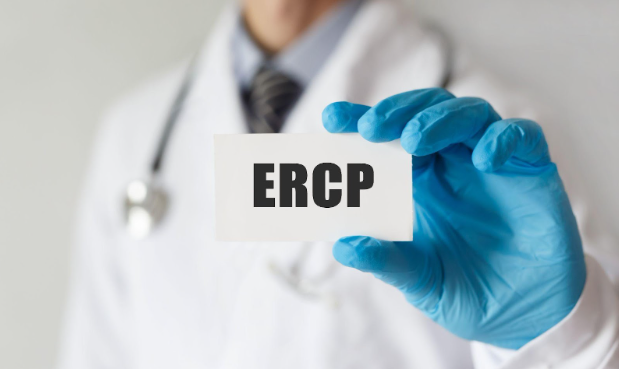
What is Diverticulitis?
April 23, 2025What Is Crohn's Disease?

Understanding Crohn's Disease
The inflammation is due to Crohn's disease and might be located almost anywhere in the digestive tract- from the mouth to the anus. It majorly affects the small intestine, though it happens to occur, sometimes in the large intestine's initiation. Infection may extend in layers of tissues within the bowel and cause complications along the passage of time.
Causes of Crohn’s Disease
While the cause behind the disease named Crohn's disease is unidentified, some underlying factors have an association with developing this disease.
Genetic Factors
- Patients who have a family history of Crohn's disease have a higher predisposition.
- Specific gene mutations are associated with this condition.
Immune System Dysfunction
- The immune system could attack the GI tract mistakenly to cause Crohn's disease.
- Overreaction in the body leads to inflammation that can be exacerbated by the invasion of bacteria and viruses.
Environmental Triggers
- High-fat diets, processed food, and diets with low content of fiber tend to worsen symptoms.
- Smoking significantly increases the risk of developing Crohn’s disease.
- Stress and lifestyle choices may worsen symptoms but are not direct causes.
Symptoms of Crohn’s Disease
The symptoms of Crohn’s disease can vary depending on the severity and location of inflammation. Common symptoms include:
Gastrointestinal Symptoms
- Persistent diarrhea
- Abdominal pain and cramping
- Blood in stool
- Nausea and vomiting
- Loss of appetite and weight loss

Systemic Symptoms
- Fatigue and weakness
- Fever
- Joint pain
- Skin disorders
- Eye inflammation
Diagnosis of Crohn’s Disease
A combination of medical history, physical examinations, and diagnostic tests is used to diagnose Crohn’s disease. Diagnostic Tests that are most common include;
- Colonoscopy: Can see the intestinal lining
- Endoscopy: To inspect the upper GI
- MRI and CT scans: The images of intestines
- Blood Test: Shows presence of inflammation and anemia.
- Stool Tests: Helps find infections and inflammatory markers.
Treatment Options for Crohn’s Disease

Though there is no cure, there will be relief for symptoms and improved quality of life.
Medications
- Anti-Inflammatory Medications: Corticosteroids and aminosalicylates minimize the inflammatory response.
- Immune Suppressors: Drugs such as azathioprine are immune suppressors.
- Biologics: Monoclonal antibodies work on pathways of the immune system.
- Antibiotics: It helps treat infection and complications
- Antibiotics: It helps treat infection and complications
Diet and Lifestyle Changes
- Low-Fiber Diet: This reduces the irritation in the intestine.
- Taking Small, Frequent Meals: This reduces digestive problems.
- Dairy and spicy foods: are to be avoided for flare-ups to not occur.
- Fluid Intake: Prevents dehydration due to diarrhea.
Surgery
Surgery is indicated in cases where pharmacotherapy and changes in lifestyle have failed to curb the symptoms. The common types of surgeries involve:
-
- Resection: Removing a portion of the intestine.
- Strictureplasty: Dilating narrowed intestines.
- Fistula Repair: Closing abnormal connections between organs.



